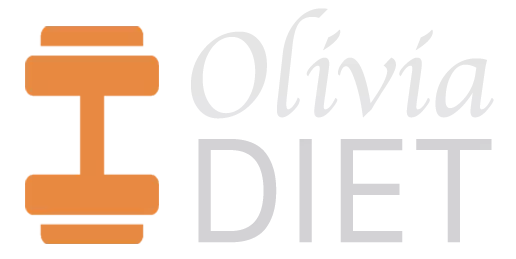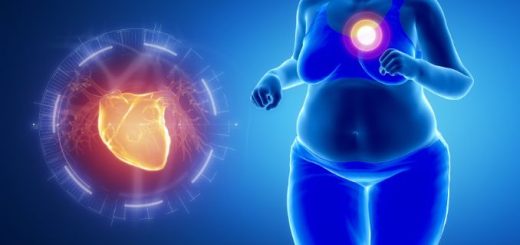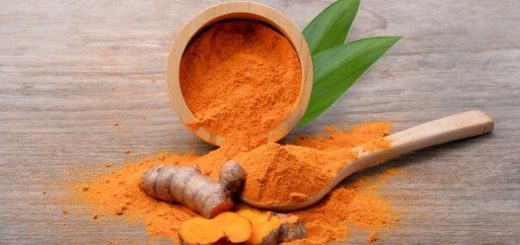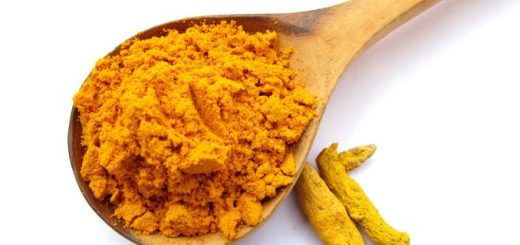Slow Carb Staples: Your Ultimate Guide for a Slow Carb Diet Food List
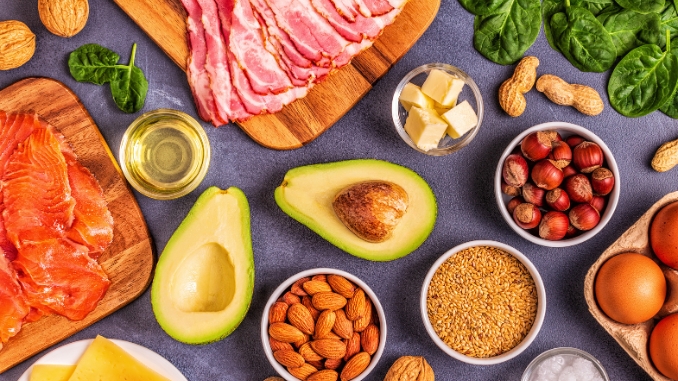
Last updated on April 15th, 2025 at 05:52 pm
Disclaimer: Please note that this content is solely intended for informational use and not as a substitute for dietary guidance. Before initiating anything, it is recommended to seek advice from a licensed dietitian.
In the world of diets, the Slow Carb Diet is like a fresh breeze. It focuses not just on counting calories but on choosing the right kind of foods. It's all about stabilizing blood sugar, boosting metabolism, and making sustainable changes for lasting weight loss.
So, let's dive into the world of Slow Carb Diet foods—what to eat, what to avoid, and how these choices can lead you to a healthier and happier lifestyle. Join us as we dissect the intricacies of the Slow Carb Diet food list, offering insights into how these choices can lead to a healthier, more vibrant lifestyle.
What is a Slow Carb Diet
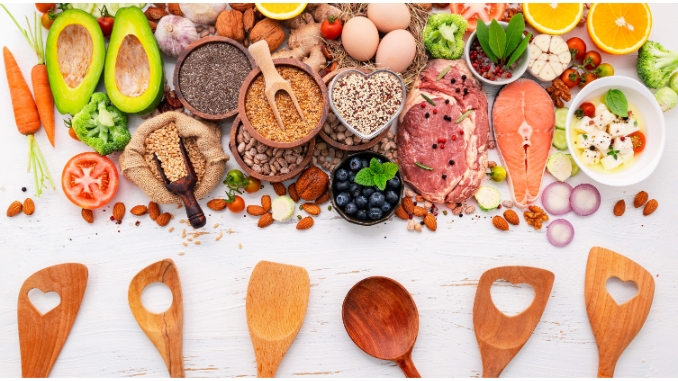
The Slow Carb Diet suggests slow-digesting carbohydrates with a low glycemic index.
The diet emphasizes whole, unprocessed foods such as lean proteins, legumes, vegetables, and healthy fats. Its goal is to stabilize blood sugar levels, promote fat loss, aid in weight loss, and help sustain energy throughout the day. By avoiding fast-digesting carbs and processed foods, it offers a straightforward approach to healthy eating and weight management.
Food choices are central to the Slow Carb Diet's success. Opting for slow-digesting carbs, found in legumes and non-starchy veggies, stabilizes blood sugar and sustains energy.
Whole, nutrient-dense foods improve insulin sensitivity and support overall health. Protein-rich choices curb hunger and aid fat loss.
The diet's emphasis on limiting calorie-dense foods [1] fosters metabolic optimization and long-term adherence. Strategic food selections play a key role in achieving the diet's goals of stable blood sugar, improved metabolism, and sustained fat loss.
Ideal Food For A Slow Carb Diet
Selecting the right foods is the cornerstone of success in a Slow-Carb Diet food plan. These ideal foods, characterized by a low glycemic index and a focus on nutrient density, play a pivotal role in supporting blood sugar levels, improving insulin sensitivity, and fostering fat loss.
The Slow Carb Diet's five main food groups—lean proteins, legumes, non-starchy vegetables, and healthy fats—emphasize satisfying and sustainable eating patterns. Beyond immediate benefits like satiety and hunger management, these slow carb food choices contribute to long-term adherence and support overall well-being.
1. Proteins

The foundation of the slow carb diet food list plan. Protein-rich foods help you feel satiety and satisfied, which can be beneficial for controlling hunger and reducing overall caloric intake.
By having enough protein in the same meals, you will have enough energy for the day while keeping your weight in check.
2. Lean Meat
- Chicken – Chicken is a great lean source of protein and low in fat, making it an ideal food for undertaking a slow carb diet food list plan.
- Turkey – Similar to chicken, turkeys are also a good source of protein. It helps maintain lean muscle mass and contributes to food's thermodynamic effect.
- Lean Beef – Lean beef is also an excellent source of high-quality protein, supplying all the necessary amino acids necessary for various bodily functions.
- Pork – While pork is not a slow carb, it is a source of slow-digesting, high-quality protein. Including these proteins in meals can help stabilize blood sugar levels when done in moderation
- Lamb – Lamb is rich in B vitamins, including B12, niacin, and riboflavin. These vitamins play a significant role in converting food into energy and energy metabolism, which is essential in a slow carb diet food list.
- Veal – Veal is also not a slow carb food; however, if eaten in moderation, it contains the necessary vitamins and proteins for the diet.
3. Seafood
- Salmon – Salmon is a fatty fish, particularly high in omega-3 fatty acids, specifically EPA and DHA. Salmons support heart health and are a prime choice for someone trying slow carb foods.
- Tilapia – Tilapia is a lean fish, making it a low-fat protein option. It provides high-quality protein without a significant amount of saturated fat. This helps people taking on a low carb diet.
- Shrimp – Shrimp is also a good source of selenium, a mineral essential for antioxidant function, immune support, and thyroid health. This is great in moderation when taking low carb diets.
4. Legumes

Legumes have a slow digestion rate and a low glycemic index. This indicates that the glucose is released into the bloodstream at a slower pace, helping to stabilize blood sugar levels.
This characteristic is particularly beneficial for those aiming to manage their weight and improve insulin sensitivity.
- Lentils – Lentils are rich in complex carbohydrates and fiber. These carbohydrates support and regulate blood sugar levels and provide a sustained release of energy.
- Chickpeas – Chickpeas are rich in dietary fiber, both soluble and insoluble. Fiber contributes to feelings of fullness, helps control appetite, and helps in weight loss.
- Black Beans – Black beans are high in dietary fiber, which is essential for digestive health. Fiber adds to a feeling of fullness. This helps control appetite and supports a healthy gut microbiome.
- Pinto Beans – Pinto beans are low in glycemic index, which contributes to better blood sugar regulation. This is beneficial for those looking to manage their weight and improve insulin sensitivity.
- Lima Beans – These beans are nutrient-dense, providing essential vitamins and minerals such as phosphorus, iron, folate, and magnesium. Adding kidney beans to the diet ensures a diverse intake of nutrients, supporting overall health.
5. Vegetables

Vegetables are rich in essential phytonutrients, vitamins, and minerals. Including a variety of colorful vegetables in the diet ensures a diverse and well-rounded intake of nutrients, supporting overall health and well-being. Most vegetables are high in dietary fiber, which is beneficial for digestive health.
High-Fiber Vegetables
- Spinach – Spinach is very low in digestible carbohydrates, making it suitable for a slow carb diet that focuses on slow-digesting carbohydrates. The carbohydrates in spinach are mostly fiber, which has minimal impact on blood sugar levels.
- Green Beans – Green beans are fairly low in carbohydrates compared to some other vegetables. This can also be beneficial for individuals on a slow-carb diet, which typically restricts the intake of high-glycemic carbohydrates.
- Asparagus – The combination of fiber, water, and nutrients in an asparagus contributes to a feeling of fullness and satisfaction after meals packed with vitamins and nutrients for a slow carb diet.
- Bell Peppers – Bell peppers are relatively low in digestible carbohydrates, making them suitable for a slow carb diet. The addition of spice to a dish makes food that much more flavorful to eat.
Cruciferous Vegetables
- Broccoli – Broccoli is highly nutrient-dense, providing essential vitamins and minerals such as vitamin C, vitamin K, folate, potassium, and manganese. Broccolis are crucial in slow carb meals.
- Cauliflower – Cauliflower is low in calories. Its low-calorie density allows for generous servings without significantly increasing overall caloric intake.
- Kale – Kale is low in digestible carbohydrates. The majority of the carbohydrates in kale are fiber, which has minimal impact on blood sugar levels.
- Cabbage – Low in calories but high in satisfaction, cabbages allow you to eat more without risking increasing your weight, overall helping with weight loss.
- Brussel Sprouts – The combination of fiber, water, and nutrients in Brussel sprouts contributes to a feeling of fullness and satisfaction after meals, which is good for someone on a slow carb diet.
6. Fats

Fats are more calorie-dense than carbohydrates and proteins, and they contribute to the feeling of satiety and fullness after meals.
Including much healthier fats in your meals can help you feel satisfied, reducing the likelihood of overeating and supporting weight management.
- Nuts – Nuts are abundant in beneficial monounsaturated and polyunsaturated fats, including omega-3 and omega-6 fatty acids. These fats provide sustained energy and contribute to feelings of being full.
- Avocado – While avocados are not an excellent source of protein, they are rich in monounsaturated fats, which contribute to sustained energy, satiety, and a slow carb diet.
- Olive Oil – This is rich in monounsaturated fats, particularly oleic acid. These have been associated with various health benefits, including improved heart health and reduced inflammation.
- Coconut Oil – This type of oil is rich in medium-chain triglycerides (MCTs), a type of saturated fat that is metabolized differently than long-chain triglycerides.
- Nut Butters – Without added sugars or oils, natural nut butters can be a tasty source of fat, and when done in moderation, they can help in a slow carb diet.
7. Beverages
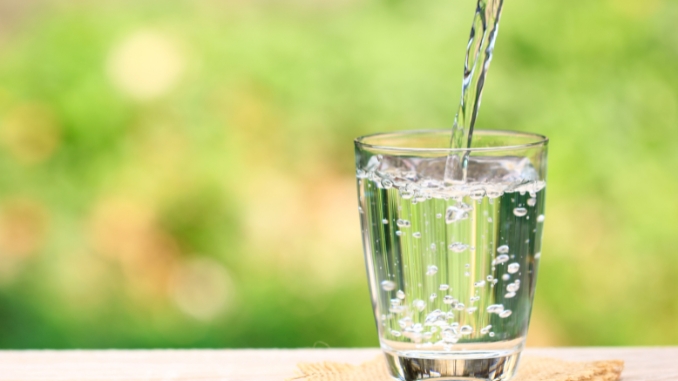
Water, tea, and black coffee can be valuable additions to a slow-carb diet. They provide hydration, and in the case of black coffee and tea, there may also be other potential benefits.
- Water – Staying well-hydrated is a fundamental aspect of the Slow Carb Diet. Water is important for overall health and can play an important role in supporting weight management. One key advantage of water is that it contains zero calories, making it a great choice for those seeking to reduce their calorie intake.
- Tea – Unsweetened tea is a valuable addition to the Slow Carb Diet food list, offering a flavorful alternative to water without the addition of sugars or extra calories. Whether enjoyed hot or cold, tea provides a diverse range of options. If you're looking for an alternative to water, then this is perfect for a slow carb cheat day.
- Coffee – When consumed in moderation, black coffee can be a strategic addition to the Slow Carb Diet. Beyond its role as a popular morning pick-me-up, black coffee has been linked to increased metabolic rate and enhanced calorie burning. For coffee lovers, this isn't a problem for the same few meals in the morning.
Other Recommended Foods
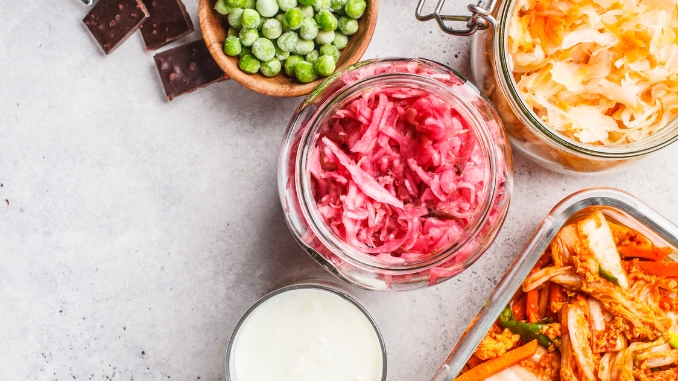
- Salsa – Salsa without sugar is typically low in calories, making it a flavorful addition to meals for additional taste and variety without increasing calorie intake.
- Sauerkraut – Sauerkraut is a fermented food that contains beneficial probiotics. Probiotics contribute to gut health, which is important for overall well-being and digestion.
- Pickles – Pickles are low in calories and can provide a satisfying crunch to meals without a significant increase in overall calorie intake. These are common in a slow carb grocery list for weight loss enthusiasts everywhere.
- Mustard – Mustard is low in calories and adds a tangy flavor to dishes. It can be used as a condiment without adding substantial calories, perfect for people who are on a journey for weight loss.
- Herbs and Spices – Herbs and spices are also great for enhancing the flavor of meals without adding extra calories. Herbs and spices add variety even if it is the same meals again and again.
What to Avoid while Dieting

Avoiding the following food is a key principle of many healthy diets. The emphasis is on either minimizing or avoiding entirely certain types of foods that can contribute to rapid spikes in blood sugar levels or that are low in nutrients, such as the following foods below:
1. Processed Foods
Processed foods often contain refined carbohydrates, such as white flour and added sugars. It's best to avoid foods and drinks, like diet soda, bean chili meat, and more.
2. Sugary Foods
Sugary foods, especially those high in refined sugars, can cause rapid spikes in blood sugar levels [2]. Excessive sugar intake can contribute to insulin resistance, where the body's cells become less responsive to insulin.
3. Dairy Products
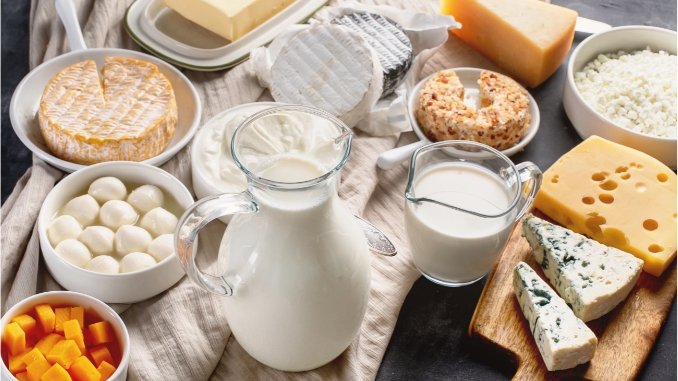
Some dairy products, particularly those with higher lactose content, can contribute to an insulin response. Limiting dairy helps [3] prevent excessive calorie intake, which supports weight management.
4. Fruits
Many fruits contain natural sugars, such as fructose, which can contribute to an increase in blood sugar levels. Consuming fruits, especially those with a high glycemic index, can lead to a rapid rise in insulin levels.
5. Grains
Many grains, especially refined grains like white bread and rice, have a high glycemic index. Foods with a high glycemic index can trigger a significant insulin response, and they're great on a slow-carb food list.
Conclusion
The Slow Carb Diet is a strategic approach to eating that emphasizes low-glycemic, nutrient-dense foods for sustained energy and weight management. It focuses on lean proteins, legumes, vegetables, and healthy fats while avoiding high-glycemic carbs and processed foods.
This diet promotes stable blood sugar, improved metabolism, and long-term health benefits. Commitment to mindful eating and professional advice can ensure long-term health benefits and effective diet adherence.
Want to lose weight fast… but naturally… and safely? This 12-minute fat melt flow drops 8 pounds off your body without pills or restrictive dieting! Check out now!

Rick Kaselj MS, is a leading kinesiologist and injury specialist as well as co-creator of the best-selling Unlock Your Hip Flexors program. Rick creates exercise programs that help people heal injuries and eliminate pain, so they can go back to living a full, active, healthy life.
